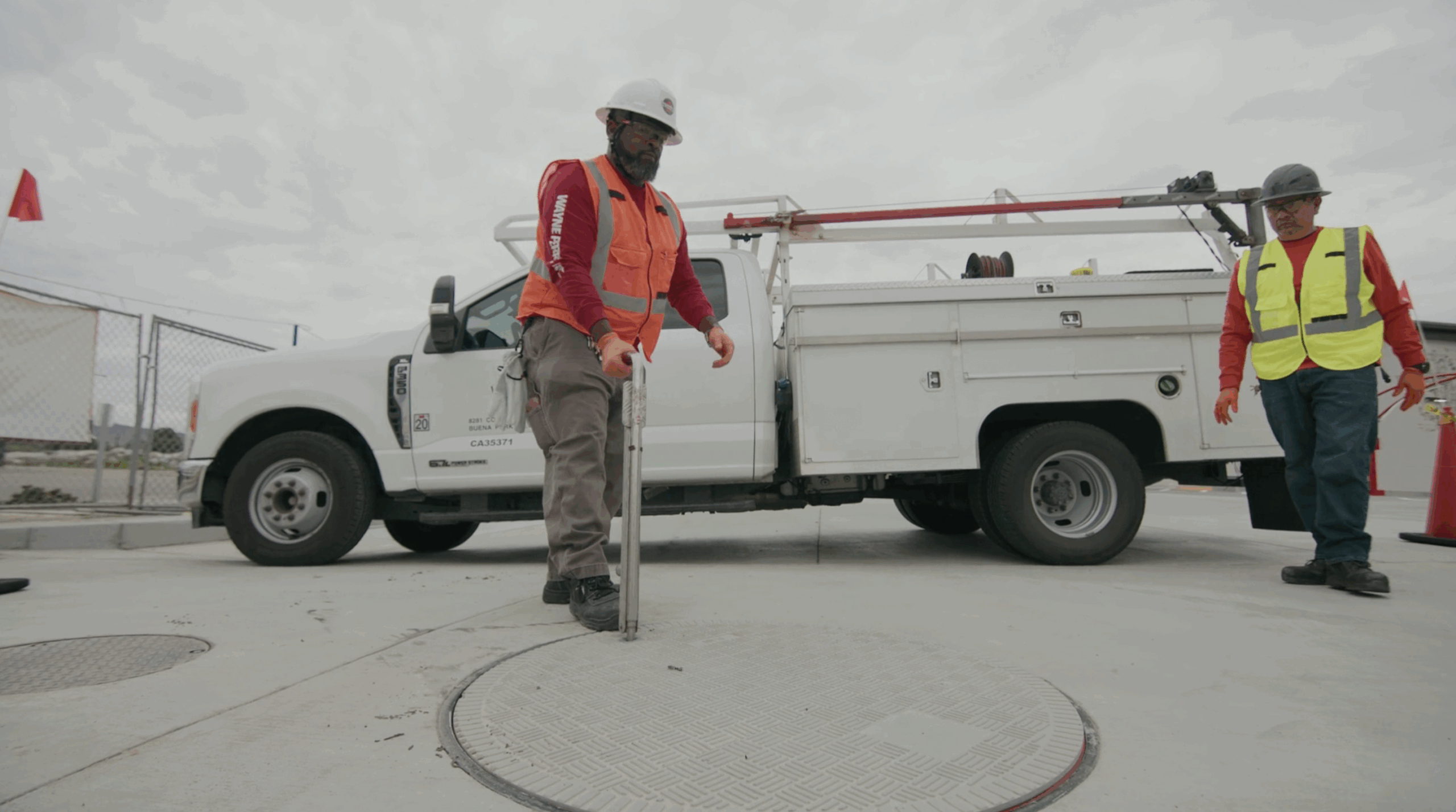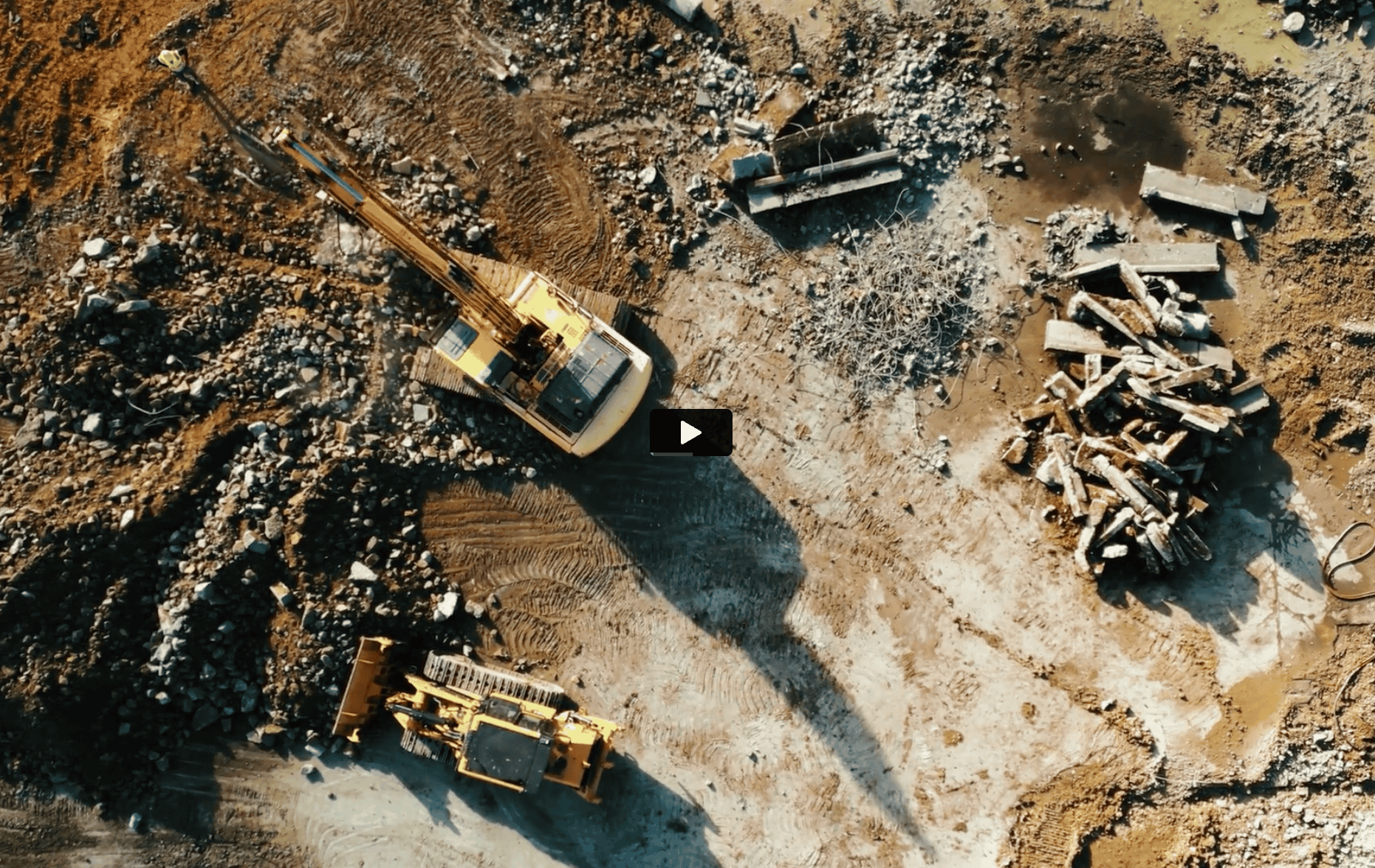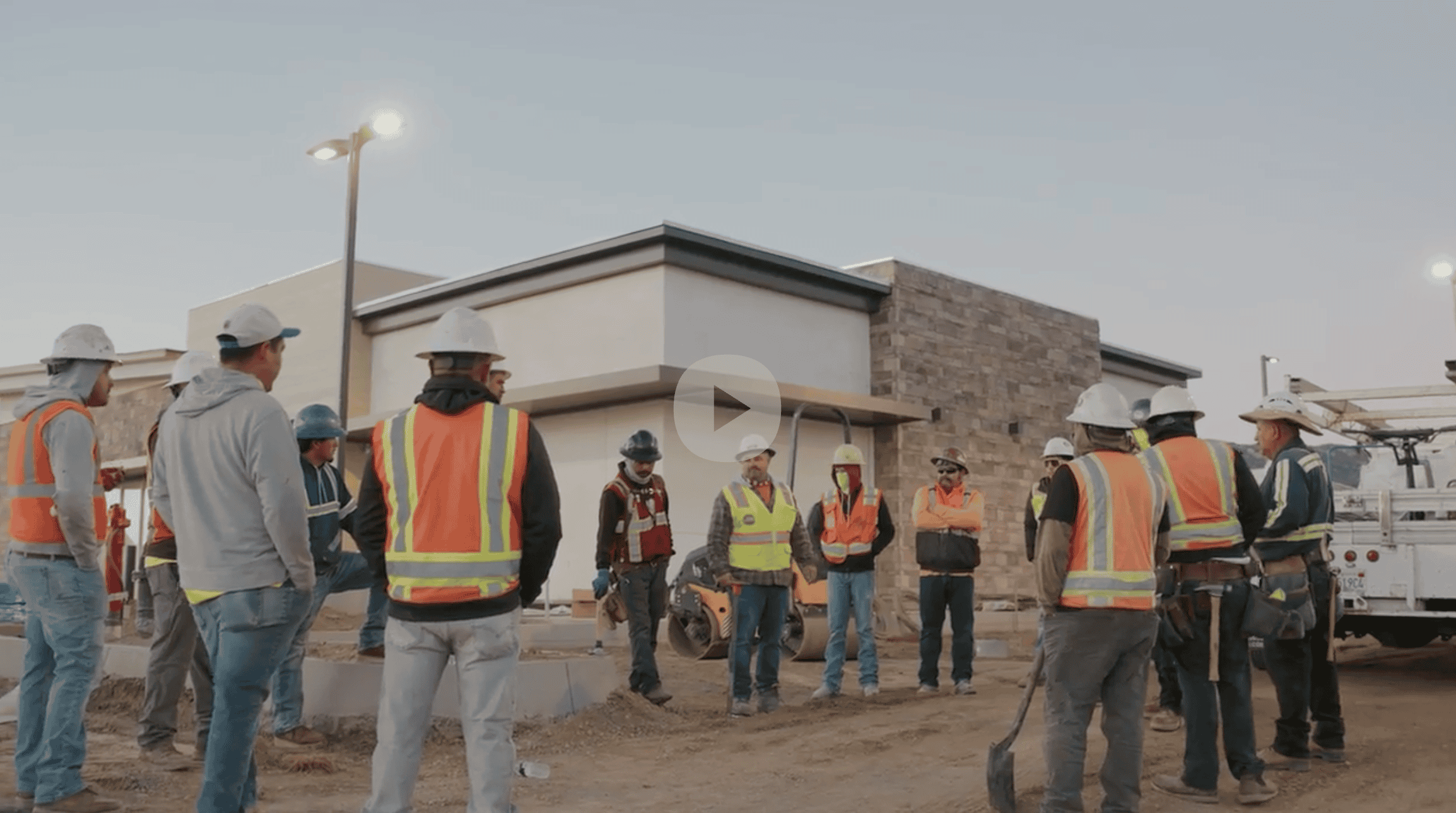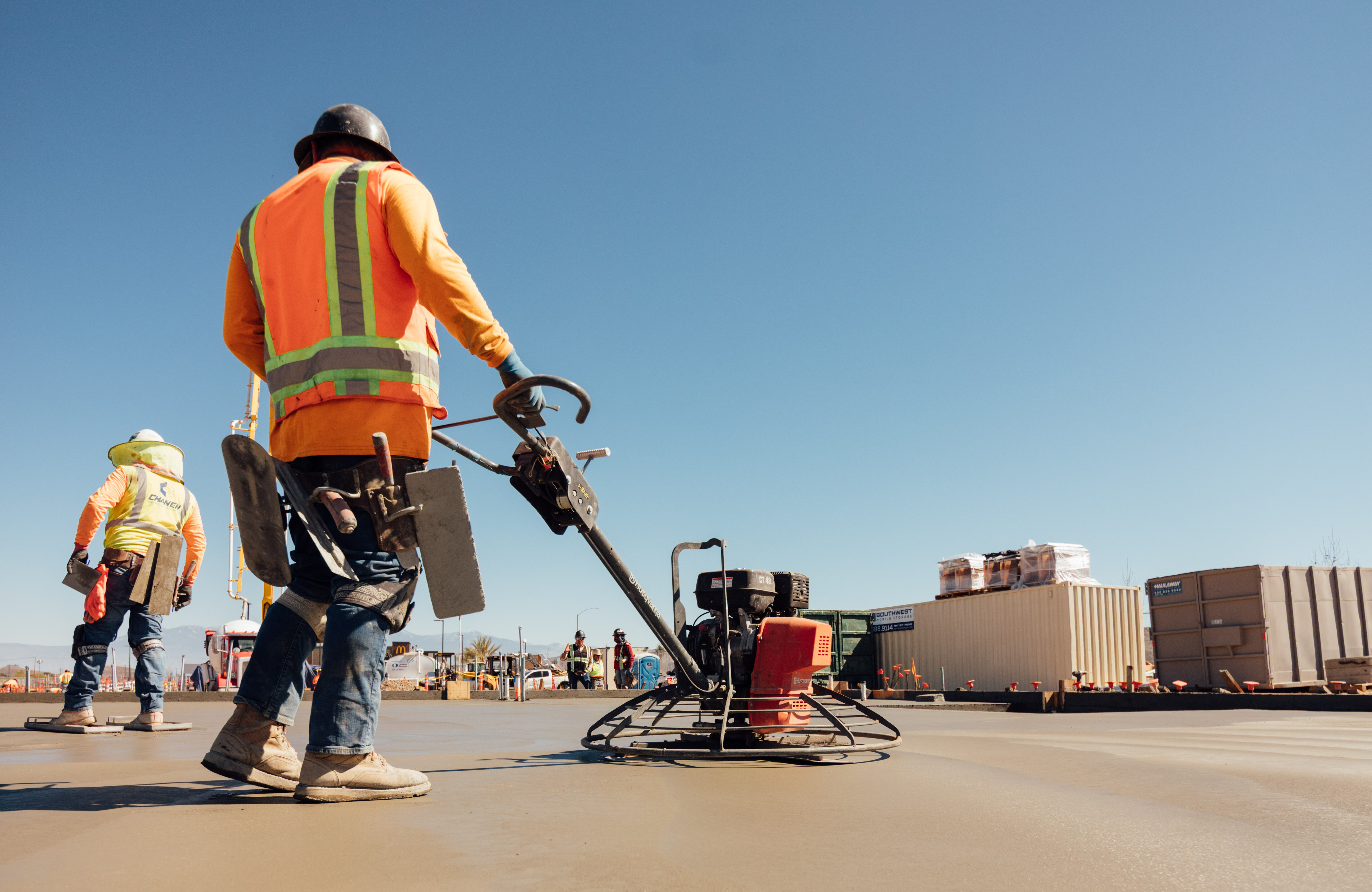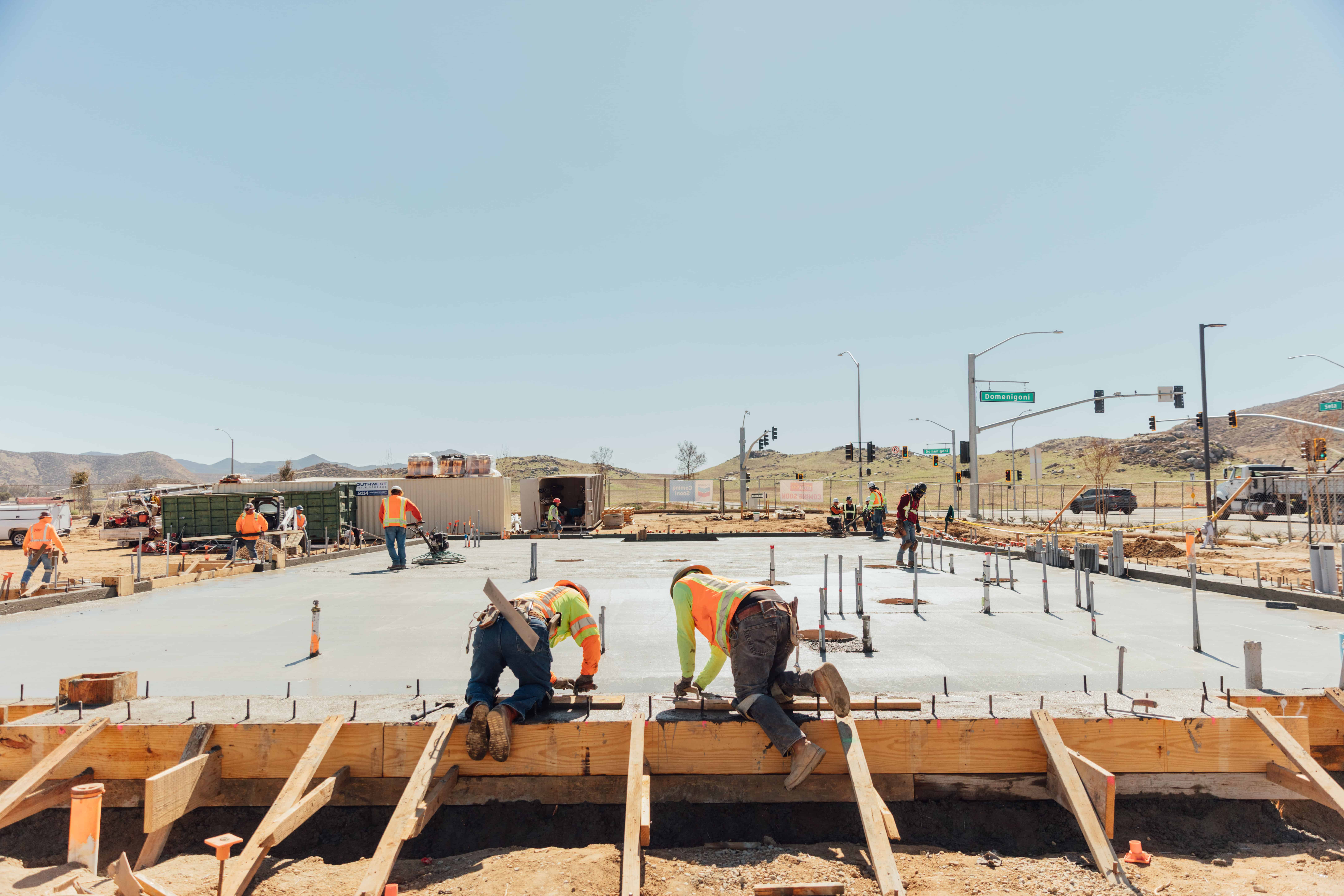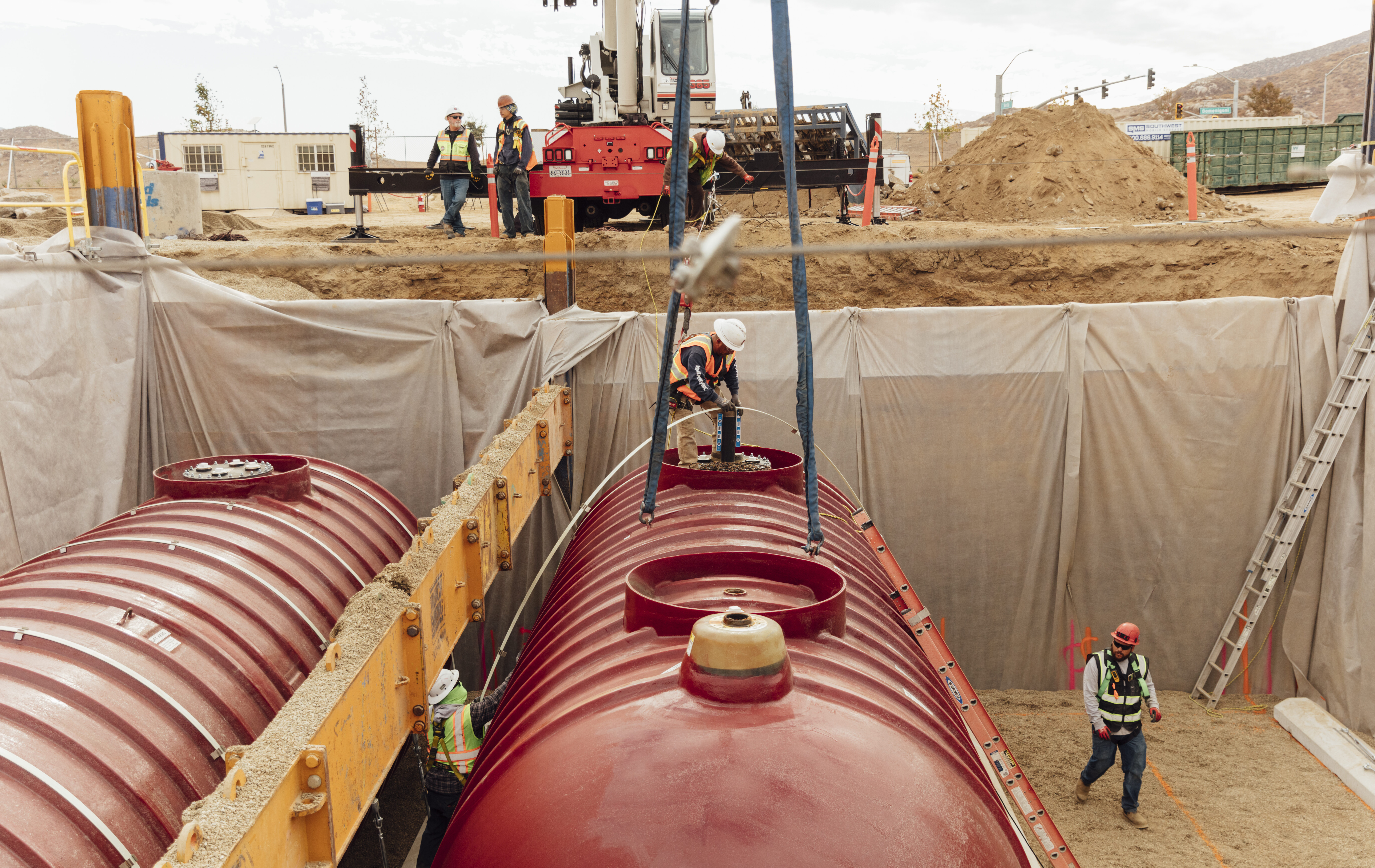In recent years, Chevron has focused on accelerating the growth of its lower carbon businesses. Among its portfolio of renewable energy initiatives is the expansion of its nationwide network of CNG fueling stations, both through large-scale acquisition and investment in new construction.
In February 2021, Chevron, the nation’s second-largest oil and gas producer, awarded WPI a $27,000,000 contract to install cardlock CNG dispensers at five locations. The fast-fill CNG infrastructure at these stations is designed to provide Class 8 drivers of CNG-powered vehicles quick, easy access to dispensers, fill rates akin to diesel (in 25-30 minutes), and frictionless payment transactions at discounted, member pricing.
Selection of WPI as Contractor of Choice for All Five Locations
While the selection of an EPC (engineering, procurement, and construction) contractor for a project of this scope is a significant undertaking, the long-standing relationship between Chevron and WPI made the decision an easy one. WPI has earned the trust and confidence of Chevron executives, having served the company’s comprehensive needs with timely response, efficient service, and cost-saving solutions for years.
Comprehensive Project Management Under A Single Roof
Expanding the five retail sites throughout the state to include the new CNG infrastructure involved a range of services, including:
- Feasibility and site selection,
- Close collaboration with each site’s local municipalities and utilities,
- Design, engineering, and construction of the buildout,
- Procuring and installing the equipment, and
- Ensuring maximum worksite safety and minimal interference with each station’s ongoing operations.
Selecting the Site Locations
The first stage of the project involved evaluating each potential site. WPI worked with Chevron to screen an initial list of 50 potential locations for the new retail operations down to a list of 25. WPI assessed each location based on its proximity to major roadways, traffic patterns and forecasts, retail site traffic, space availability, local area competition, and access to natural gas lines capable of delivering the required compression and performance levels. The five sites that were selected included Visalia, Stockton, Santa Maria, Lodi, and Montebello.
On March 1, 2023, Valley Pacific, Chevron’s largest marketer and retail partner in California, cut the ribbon on the Visalia site. The grand opening of the remaining four sites will open later in the year.
The Buildout of the Visalia Station
The buildout of the $3.45 million project at the Visalia station kicked off in August 2022, once all the planning details were finalized with City and utility company officials and the equipment purchases were made. WPI worked up the staffing plan and project schedule and all needed demolition and construction—efficiently managing the project from start to finish. WPI’s skilled problem-solving kept the project on track and on budget, despite several significant challenges it had to tackle:
- Zoning Issues: Because the site wasn’t zoned for the new infrastructure, the first order of business was to tackle this issue. After diligent efforts to meet the requirements of City officials, the team received full conditional-usage permitting and was able to shave three months off its building plan check. A second roadblock also needed to be resolved: the site was located in a FEMA floodplain zone. WPI fast-tracked resubmission of its original drawings to include raised foundations for the site’s critical electrical equipment and resubmitted its plans with no impact on the project’s timeline or budget.
- Global Supply Chain Issues: Aware that supply chain shortages could jeopardize the project’s completion timeline, WPI worked up a backup plan for the station’s critical compression equipment, electrical panels, and switchgear, which it incorporated into its contingency plan.
- Utility Coordination to Address Fire Risk: In California, construction must be planned to mitigate fire risk for most of the year. Utilities voluntarily curtail energy transmission during periods of peak fire danger, creating potential delays for construction crews. Working closely with SoCalGas and SoCal Edison, WPI was nevertheless able to schedule the installation of the station’s gas and electrical lines during the height of the busy fire season.
- Installing the New POS System: In addition to the various infrastructure components needed to supply and dispense the CNG, the installation of a new point-of-sale system was also required for the cardlock pumps. WPI handled the equipment installation, and debugged and tested the system to ensure its proper operation.
Skilled Project Management Ensures Safety and Avoids Downtime
Adding a CNG dispensing area to an active retail gas station requires a thorough understanding of the potential hazards of operating on a worksite that handles gasoline. WPI ensured a safe environment for workers and station patrons while creating no significant disruption to the station’s day-to-day operations. Each stage of the project was skillfully managed and controlled to save time and money while ensuring public safety.
Equipment Installation
WPI procured all the equipment and parts for the station, and installed the following equipment and components:
- Gas compressors (2 for redundancy and to ensure maximum compression for all dispensers)
- Storage tanks
- Dryers and filtration components
- Dispensers (2)
- Card readers
- Nozzles (4), hoses, and fittings
The Result:
Thanks to the agile mobilization of the WPI team, tight collaboration with City and utility officials, and agile project management, once site selection was finalized, the Visalia station was completed in a record-breaking 18-month timeframe. Chevron and Valley Pacific cut the ribbon on the new CNG forecourt on March 1, 2023.
Project timeline in months:
- Feasibility study: 1 month
- Design, permitting, and equipment specification/procurement: 14 months.
- Construction: 4 months
The Benefits:
- The Public: The fast-fill CNG pumps can serve up to four large rigs simultaneously and get drivers on their way quickly and easily.
- Fleet Owners: Cardlock dispensers enable fleet managers to better forecast and budget their fuel costs while benefiting from discounted member pricing. Fleet owners also benefit from a relatively inexpensive domestic fuel when compared to diesel while reducing their carbon footprint.
- Station Owners: Gain a new source of profitable revenue from an expanded customer base while demonstrating their commitment to the community and clean air.
- Chevron: Adds to the strength of its traditional products portfolio with an offering that promotes a cleaner energy future.
